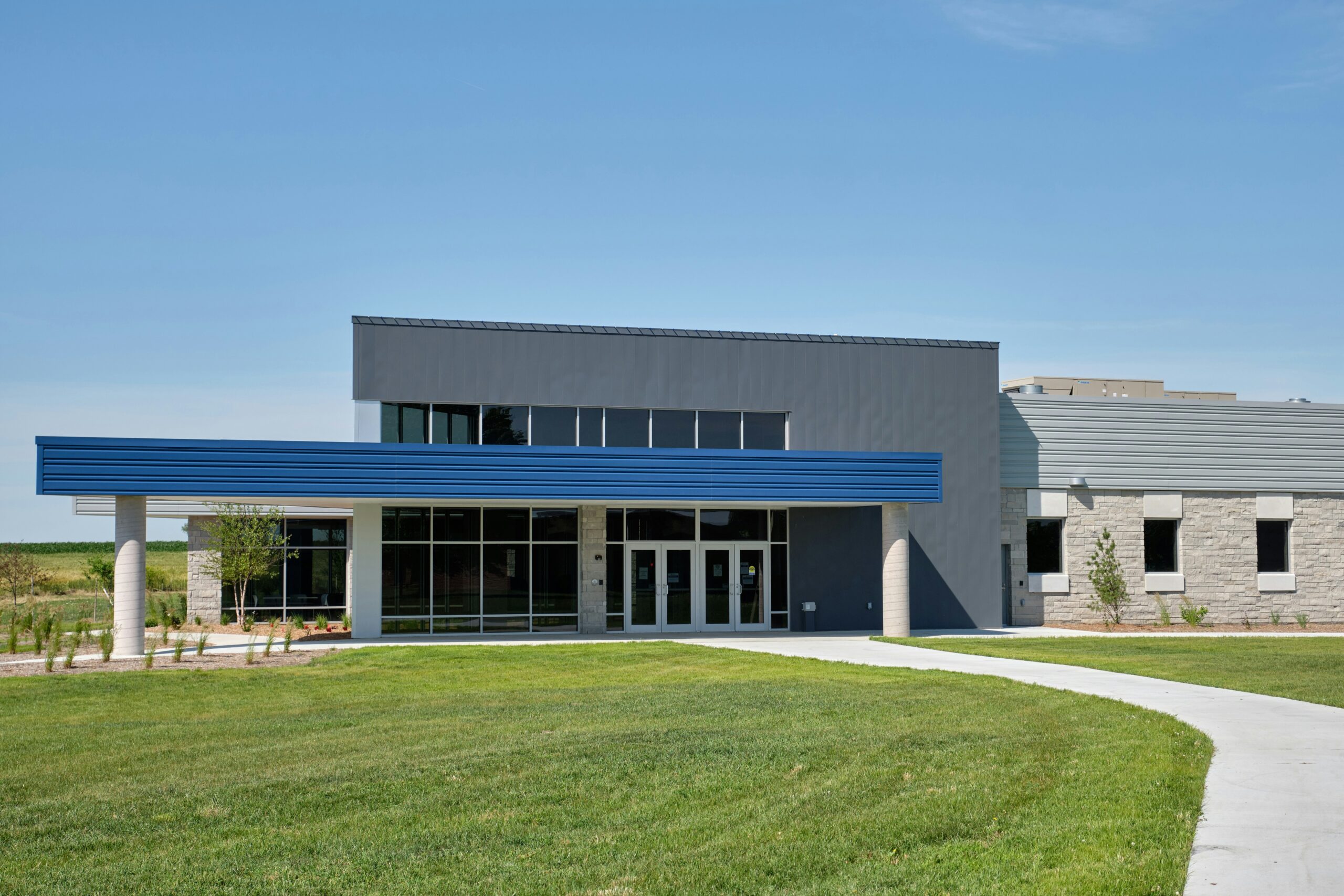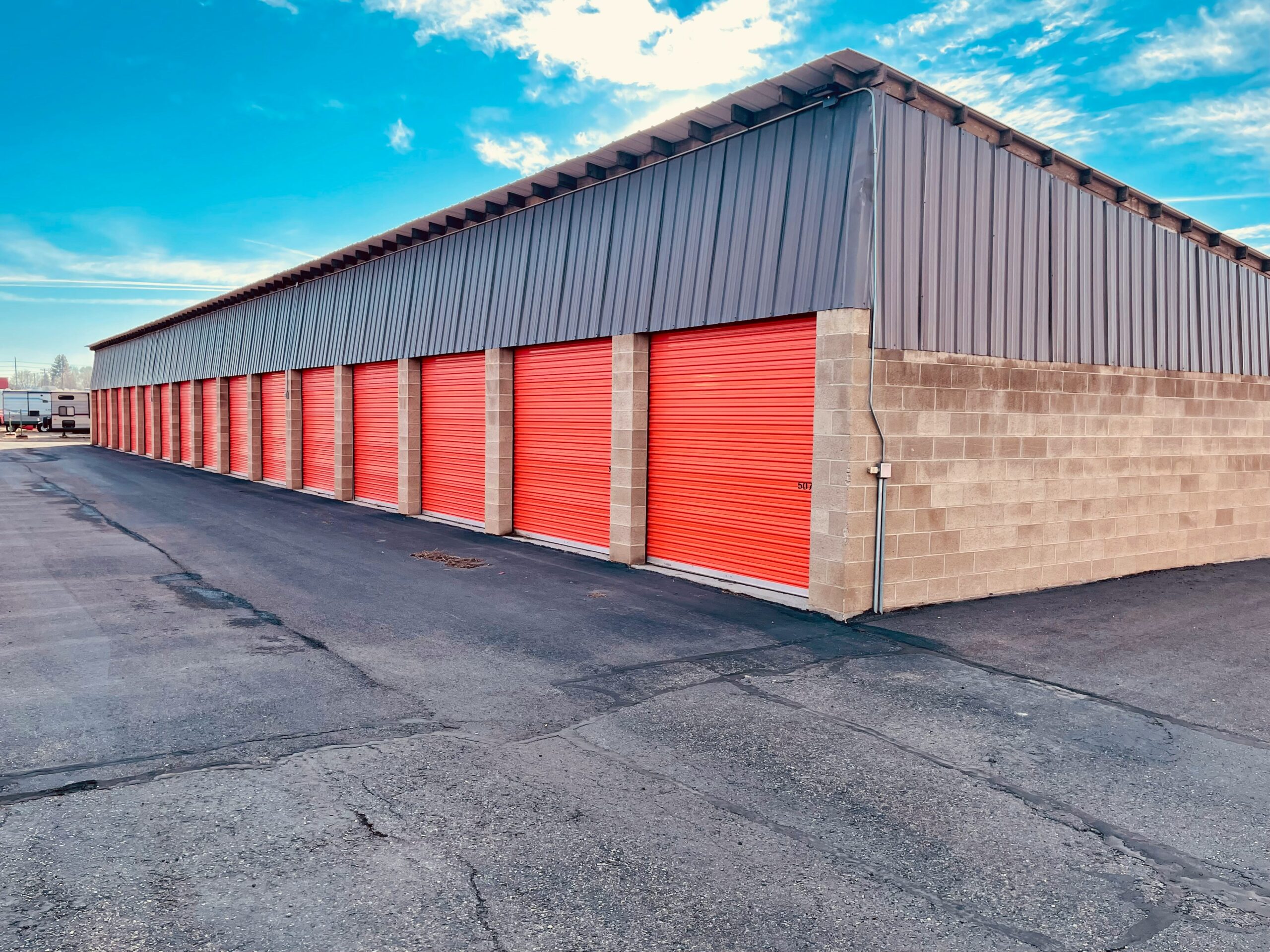Building Classifications
Building classifications are categories that the commercial real estate industry uses to group properties based on their characteristics. Rental rates, building age, amenities, types of finishes, and condition all factor into how a building is classified.
Some investors focus on Class C properties, others lean towards A and B, and many are open to all three. Depending on a buyer’s investment strategy, they may focus more on finding a specific type of building (multifamily, industrial, office, etc.) than on a particular class.
Additionally, a building’s class is subject to change as it ages, undergoes renovations, or rental rates improve or decline.
Class A
Overall, Class A buildings are the top tier. They are the most recently built, with the best amenities and high-end finishes. Generally, they are low-risk investments in the most desirable locations and, therefore, come with the highest price tags and rental rates.
Class B
Class B properties are often in good condition but need updating. Having been well cared for, they come with limited risk, but their rental rates are lower than Class A’s, as they don’t have the trendiest finishes or amenities. Properties in Class B are great options for investors who are looking for something rental-ready but would like to avoid paying top dollar.
Class C
Class C buildings are often dated, need repairs, and have subpar rental rates. These properties are much less expensive than their Class A counterparts and are targeted by investors looking to renovate for price appreciation opportunities.
Class A, B, and C properties can all make great additions to your commercial real estate portfolio. If you have questions about which property class would be the best choice based on your specific situation, please contact Steve Longenecker and Northern Colorado Commercial Real Estate at WeBrokerCORealEstate or 720-600-9513.
We give out $250 gift cards for referrals that become our real estate clients.
Like, Share & Follow us on LinkedIn and Facebook.
#longmontcommercialrealestate #commercialrealestatebroker #northerncocommercialrealestate





